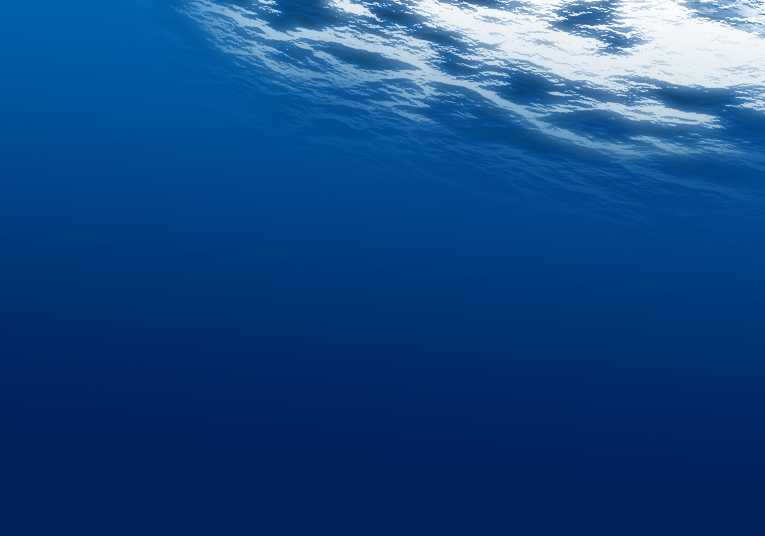The world ocean is the major sink for carbon dioxide and is estimated to contain more than 90% of the inventory. In a time (potentially, at least) of global warming, it is obviously imperative to understand the carbon flux within the world ocean and the parameters which may influence it.
Researchers at the Plymouth Marine Laboratory and the Marine Biological Association (UK) together with colleagues from the University of North Carolina (USA) have made an important contribution to our understanding of the relationship between marine plankton and ocean pH. The ocean is home to huge populations of simple, single-celled organisms called phytoplankton which are known to play an important role in sequestering carbon dioxide which dissolves into the sea from the atmosphere, via photosynthesis. This mechanism is believed to be responsible for the removal of about half of CO2 produced by the burning of fossil fuels; a larger proportion than that consumed by the world's rainforests and all of the other terrestrial systems combined.
The research was published in PLoS Biology on 21st June and focussed on a group of phytoplankton known as coccolithophores. These organisms have the ability to form a protective layer of calcium carbonate (chalk) inside their cells on the cell surface. Globally, this calcification represents a very significant carbon flux from the seas surface waters to the seabed. As these organisms die, the calcium carbonate that they contain sinks to the ocean floor as a component of marine sediment.
The researchers have found that coccolithophores use a similar mechanism to that observed in some cells from vertebrate organisms to aid the calcification process. The organisms are capable of transporting bicarbonate and calcium into their cells which then form the calcium carbonate protective layer. The calcification process generates hydrogen ions (protons) within the cell and could lead to metabolic acidosis - the acidification of the cell - unless the organism had a mechanism to regulate this. The researchers were able to show that coccolithophores eliminate excess protons via specialised protein pores, or ion channels and to identify the responsible gene. The mechanism allows the organism to maintain an acceptable cellular pH whilst allowing the calcification process to continue.
"These H+ [proton] channels belong to a unique group of transport proteins that were discovered quite recently in certain types of animal cells that experience metabolic acidosis. It turns out that H+ channel genes are also present in other groups of phytoplankton... [which] belong to groups that are not closely related to either plants or animals. Our discovery shows that H+ channels are more widespread than previously thought and that they serve a critical function in regulating cellular pH during a range of cellular processes in evolutionarily distant organisms" Glen Wheeler, co-author of the study explained.
Co-author Colin Brownlee of the Marine Biological Association, explained that "A key finding of the work is that H+ channel activity in coccolithophores is dependent on external pH. The findings will ultimately allow a better understanding of how [phytoplankton] respond to changes in ocean chemistry due to increased dissolution of atmospheric carbon dioxide in the oceans' surface waters."
The calcification process in these organisms is strongly pH-dependent. There is widespread belief within the marine science community that the sea is becoming increasingly acidic due to dissolution of CO2 (which forms carbonic acid). The calcification process in phytoplankton species could be directly affected by such a change.
Top Image Credit: © sanyal










